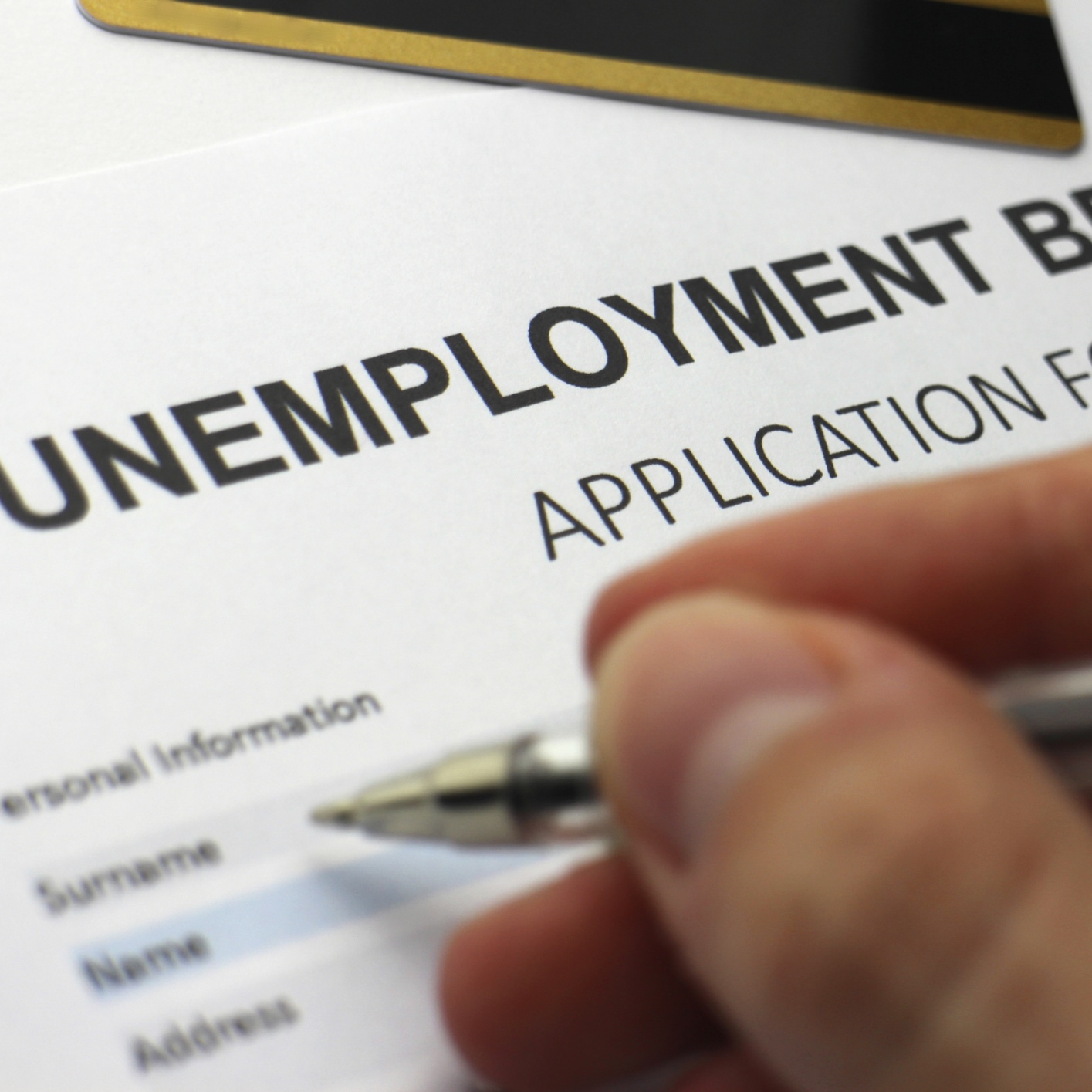
The big pops in weekly jobless claims last month are being proven more and more to have been driven by the impact of hurricanes hitting Texas and Florida. During the week of October 14, 2017, the U.S. Department of Labor has reported that the number of Americans filing new unemployment applications fell by some 22,000 to a mere 222,000. What stands out here is that this was the lowest level of weekly claims in 44 years — back to March 31, 1973.
Bloomberg had a consensus estimate of 240,000 and Dow Jones (Wall Street Journal) showed a consensus of 239,000 for last week’s claims.
The Labor Department also reported that the previous week’s reading was revised higher by 1,000 to 244,000. The four-week moving average, which aims to smooth out the weekly volatility, fell by 9,500 to 248,250.
Then there is the army of the unemployed as measured by the continuing claims, which is reported with a one-week lag. This figure fell by 16,000 down to 1,888,000. Note that this is also not just a post-recession low — it is was the lowest reading going back to 1973 as well.
The Labor Department has a larger lag in measuring the total number of people claiming benefits in all programs, but for the week ending September 30 it was down by 40,371 to 1,612,076 people. There were 1,747,928 persons claiming benefits in all programs in the comparable week a year earlier in 2016.
There is some missing data here, but it is not from hurricanes Harvey or Irma. The Labor Department said in its report:
Claims taking procedures continue to be severely disrupted in Puerto Rico and the Virgin Islands as a result of power outages and infrastructure damage caused by Hurricanes Irma and Maria.
While the weekly claims are currently not moving the financial markets very much (if it all), the key takeaway that economists, investors, employers and employees should probably take with them is that the very weak payrolls report from September almost certainly had to be a fluke. There were some efforts to minimize the impact of storms due to some weak economic readings already having been seen, but these numbers in general seem to be bouncing back.
The Average American Has No Idea How Much Money You Can Make Today (Sponsor)
The last few years made people forget how much banks and CD’s can pay. Meanwhile, interest rates have spiked and many can afford to pay you much more, but most are keeping yields low and hoping you won’t notice.
But there is good news. To win qualified customers, some accounts are paying almost 10x the national average! That’s an incredible way to keep your money safe and earn more at the same time. Our top pick for high yield savings accounts includes other benefits as well. You can earn up to 3.80% with a Checking & Savings Account today Sign up and get up to $300 with direct deposit. No account fees. FDIC Insured.
Click here to see how much more you could be earning on your savings today. It takes just a few minutes to open an account to make your money work for you.
Our top pick for high yield savings accounts includes other benefits as well. You can earn up to 4.00% with a Checking & Savings Account from Sofi. Sign up and get up to $300 with direct deposit. No account fees. FDIC Insured.
Thank you for reading! Have some feedback for us?
Contact the 24/7 Wall St. editorial team.


